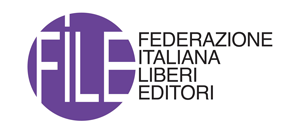Ludwig Cancer Research scientists have developed a full, start-to-finish computational pipeline that integrates multiple molecular and genetic analyses of tumors and the specific molecular targets of T cells and harnesses artificial intelligence algorithms to use its output to design personalized cancer vaccines for patients.
The design, validation and comparative assessment of this computational suite, NeoDisc, are detailed in the current issue of Nature Biotechnology in a publication led by Florian Huber and Michal Bassani-Sternberg of the Lausanne Branch of the Ludwig Institute for Cancer Research. “NeoDisc provides unique insights into the immunobiology of tumors and the mechanisms by which they evade targeting by cytotoxic T cells of the immune system,” said Bassani-Sternberg. “These insights are invaluable to the design of personalized immunotherapies, and the analytical and computational pipeline at the heart of NeoDisc is already being used here in Lausanne for clinical trials of personalized cancer vaccines and adoptive cell therapies.” Many cancer types harbor multiple random mutations that should make them more visible to the immune system. Such mutations generate aberrant proteins that cells, even cancerous ones, are programmed to cut into short pieces—known as peptides—and “present” as antigens to invite an attack by patrolling T cells. The great diversity of these “neoantigens” is one of the reasons why patients respond so variably to immunotherapies. On the other hand, neoantigens can be harnessed to develop vaccines and other types of immunotherapies tailored to uniquely target each patient’s tumors. Personalized treatments of this kind are now being developed by researchers around the world.




